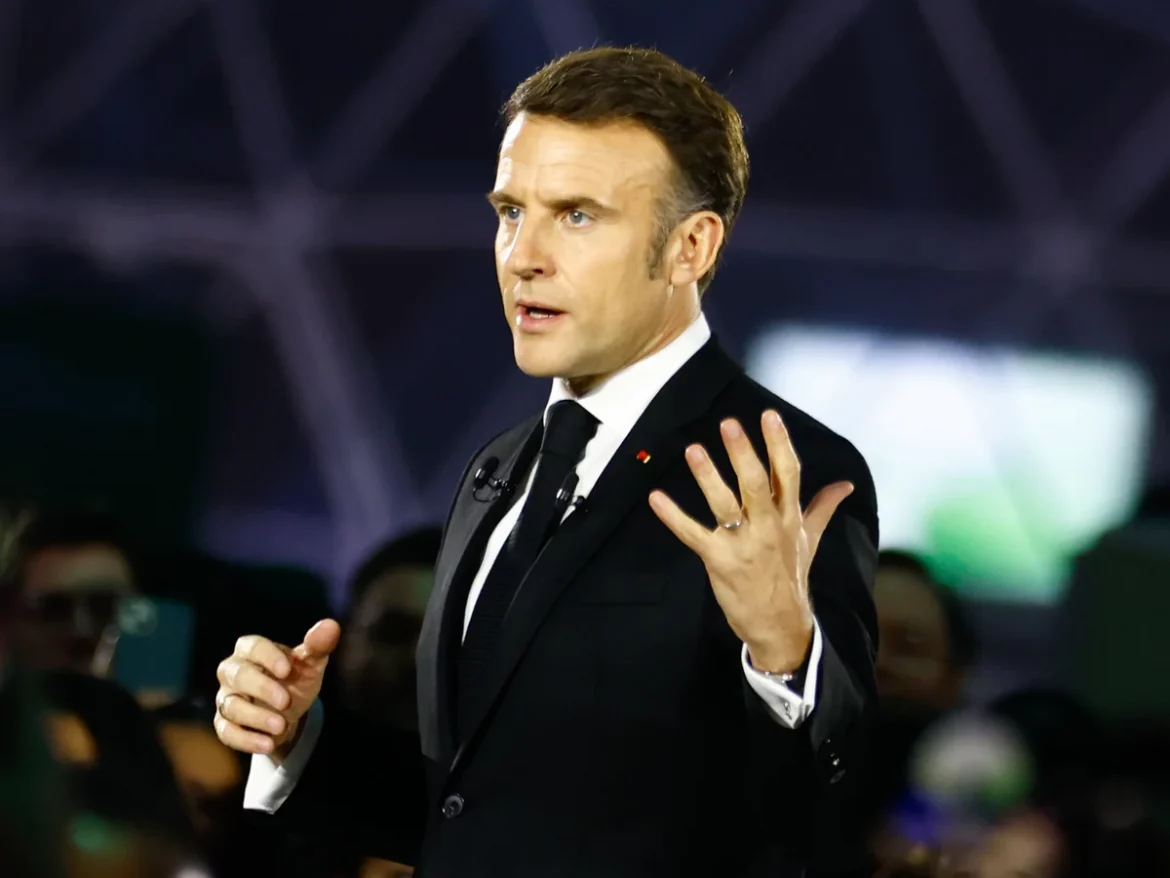The impact of artificial intelligence on the environment and inequality have have taken centre stage in the opening exchanges of a global summit in Paris attended by political leaders, tech executives and experts.
Reports show that Emmanuel Macron’s AI envoy, Anne Bouverot, opened the two-day gathering at the Grand Palais in the heart of the French capital with a speech referring to the environmental impact of AI, which requires vast amounts of energy and resource to develop and operate.
“We know that AI can help mitigate climate change, but we also know that its current trajectory is unsustainable,” Bouverot said. Sustainable development of the technology would be on the agenda, she added.
The general secretary of the UNI Global Union, Christy Hoffman, warned that without worker involvement in the use of AI, the technology risked increasing inequality. The UNI represents about 20 million workers worldwide in industries including retail, finance and entertainment.
“Without worker representation, AI-driven productivity gains risk turning the technology into yet another engine of inequality, further straining our democracies,” she told attenders.
Read also: Bezos ends support for climate group amid fears billionaires ‘bowing down’ to Trump
On Sunday, Macron promoted the event by posting a montage of deepfake images of himself on Instagram, including a video of “him” dancing in a disco with various 1980s hairstyles, in a tongue-in-cheek reference to the technology’s capabilities.
Although safety has been downplayed on the conference agenda, some in attendance were concerned about the pace of development.
Max Tegmark, the scientist behind a 2023 letter calling for a pause in producing powerful AI systems, cautioned that governments and tech companies were inadvertently re-enacting the ending of the Netflix climate crisis satire Don’t Look Up.
The film starring Leonardo DiCaprio and Jennifer Lawrence uses a looming comet, and the refusal by the political and media establishment to acknowledge the existential threat, as a metaphor for the climate emergency – with the meteor ultimately wiping out the planet.
“I feel like I have been living that movie,” Tegmark told the Guardian in an interview. “But now it feels l like we‘ve reached the part of the film where you can see the asteroid in the sky. And people are still saying that it doesn’t exist. It really feels like life imitating art.”
Story was Adapted from the Guardian.
